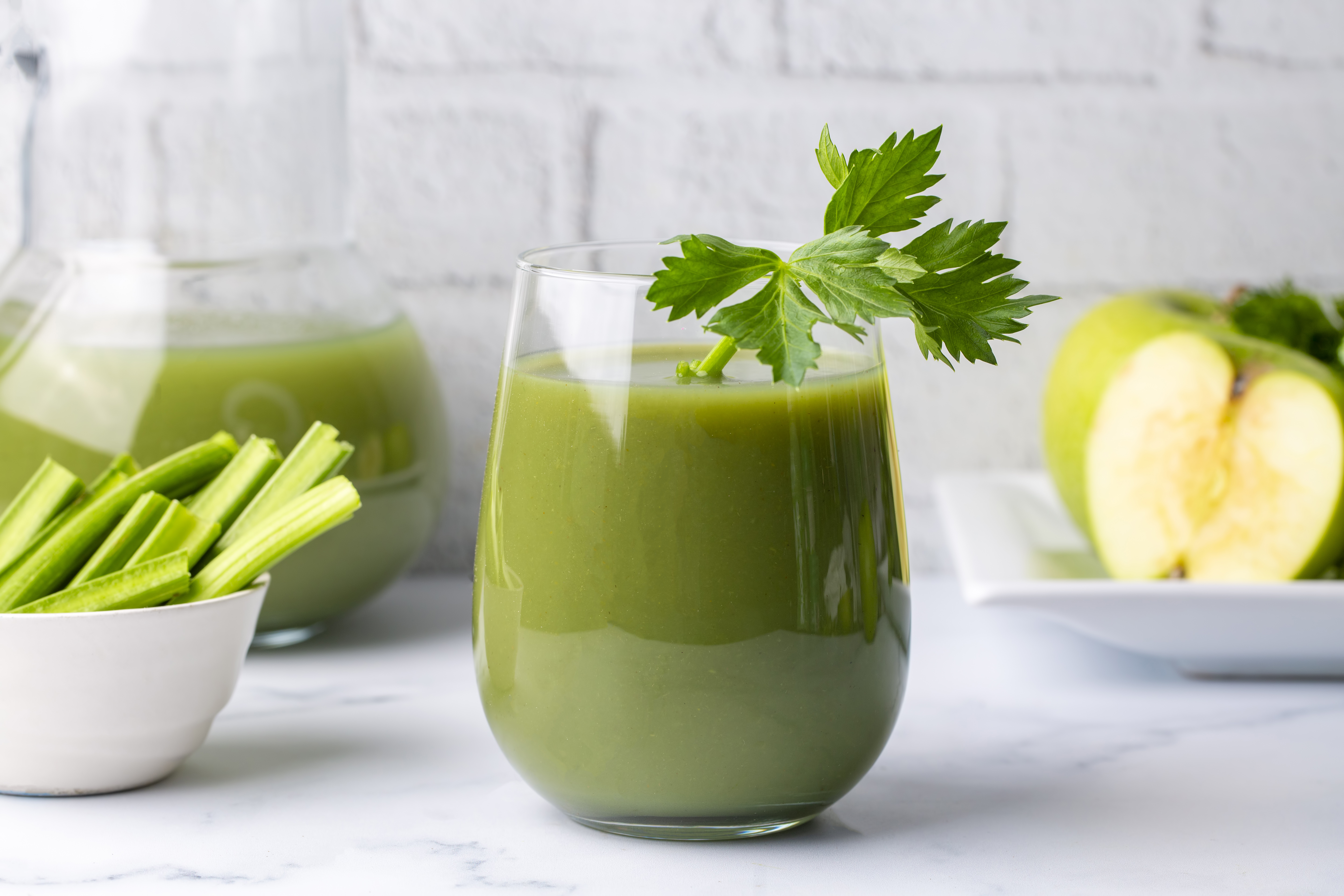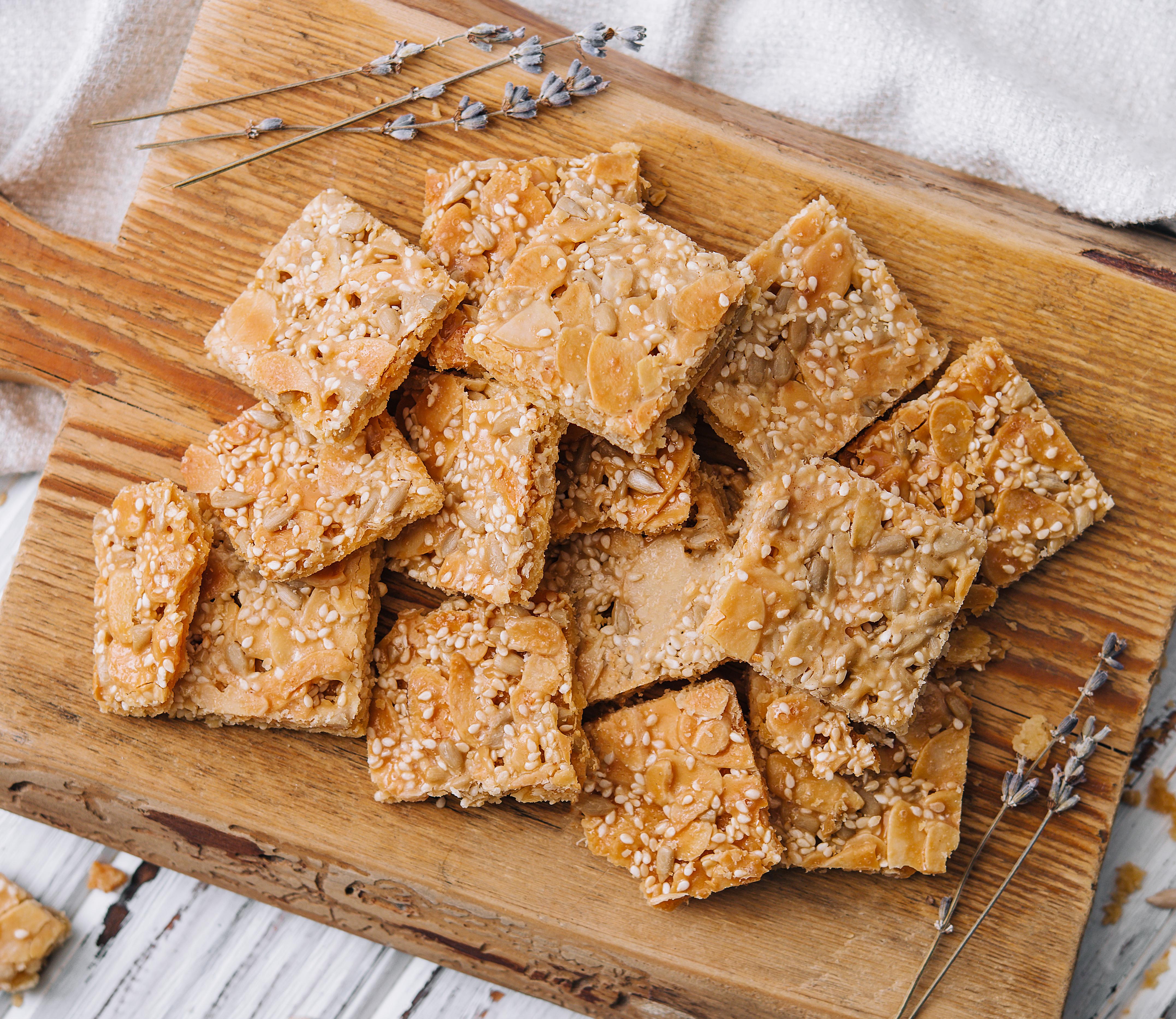Popular Health Foods That Are Actually Junk in Disguise
33. Bottled Green Juices: Not Always a Nutrient Win

Green juice sounds like the ultimate health drink, but bottled versions are often misleading. Many include a small amount of greens but are mostly made of sugary fruits like apple or pineapple to improve taste. The result? A sugary beverage with minimal fiber and a “green” reputation that far outweighs its actual benefits. Even “cold-pressed” labels can mask high sugar content. If you want real green benefits, opt for smoothies with whole veggies or make your own juice at home where you control the ingredients. Don't let a splash of kale fool you into thinking it's a detox elixir.
34. Multigrain Crackers: Whole Grain... or Whole Marketing?

“Multigrain” doesn’t automatically mean healthy. Many multigrain crackers are made with refined flour and just a sprinkle of whole grains to justify the label. They're often low in fiber and high in sodium and may contain added sugars or oils. The term “multigrain” simply means more than one type of grain—not that they’re whole or nutritious. To avoid the trap, look for “100% whole grain” as the first ingredient and at least 2–3g of fiber per serving. Or better yet, choose whole food snacks like sliced veggies or roasted chickpeas for true crunch without the empty calories.
